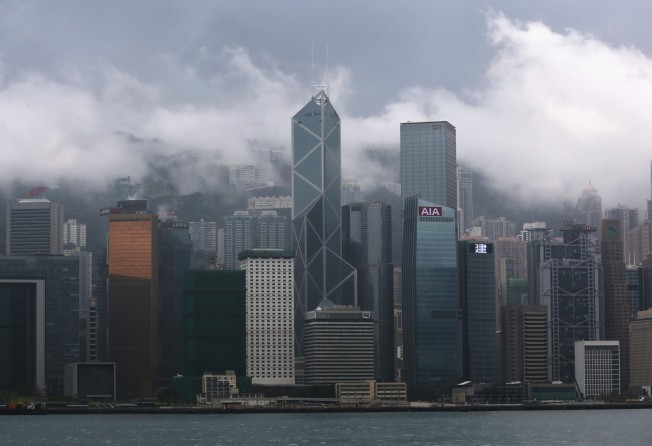As I see it | Preoccupy Central
Occupy Central is intended to be only a threat. No one wants to see Central shut down, not even the organisers themselves.

Earlier this month, I got a lunch invitation from my friend Sharon who is an English law firm partner based in Hong Kong. She said she wanted to try Amber, a restaurant in the Landmark that looks out to Queen’s Road Central. I was happy with her choice – Amber is one of the best French fusion restaurants in the city. And it’s only a short walk away from both of our offices.
During lunch the two of us covered the usual topics: the market, the weather, new restaurants and travel plans. The food came, we ate, we ordered coffee and we complained about the summer heat. Outside the window, the blazing sun beat down on the lunch crowd. Traffic lights changed and car horns blared.